Why do Insurers Reject Solar Panels on Certain Roofs?
Some insurers impose stricter requirements or even refuse coverage for solar panels on specific roof types.
This is primarily due to the increased risks associated with PV-installations. These risks include fire hazards, potential roof collapse, and other structural damages.
Insurers assess these risks based on several key factors. Below is a summary of the primary considerations:
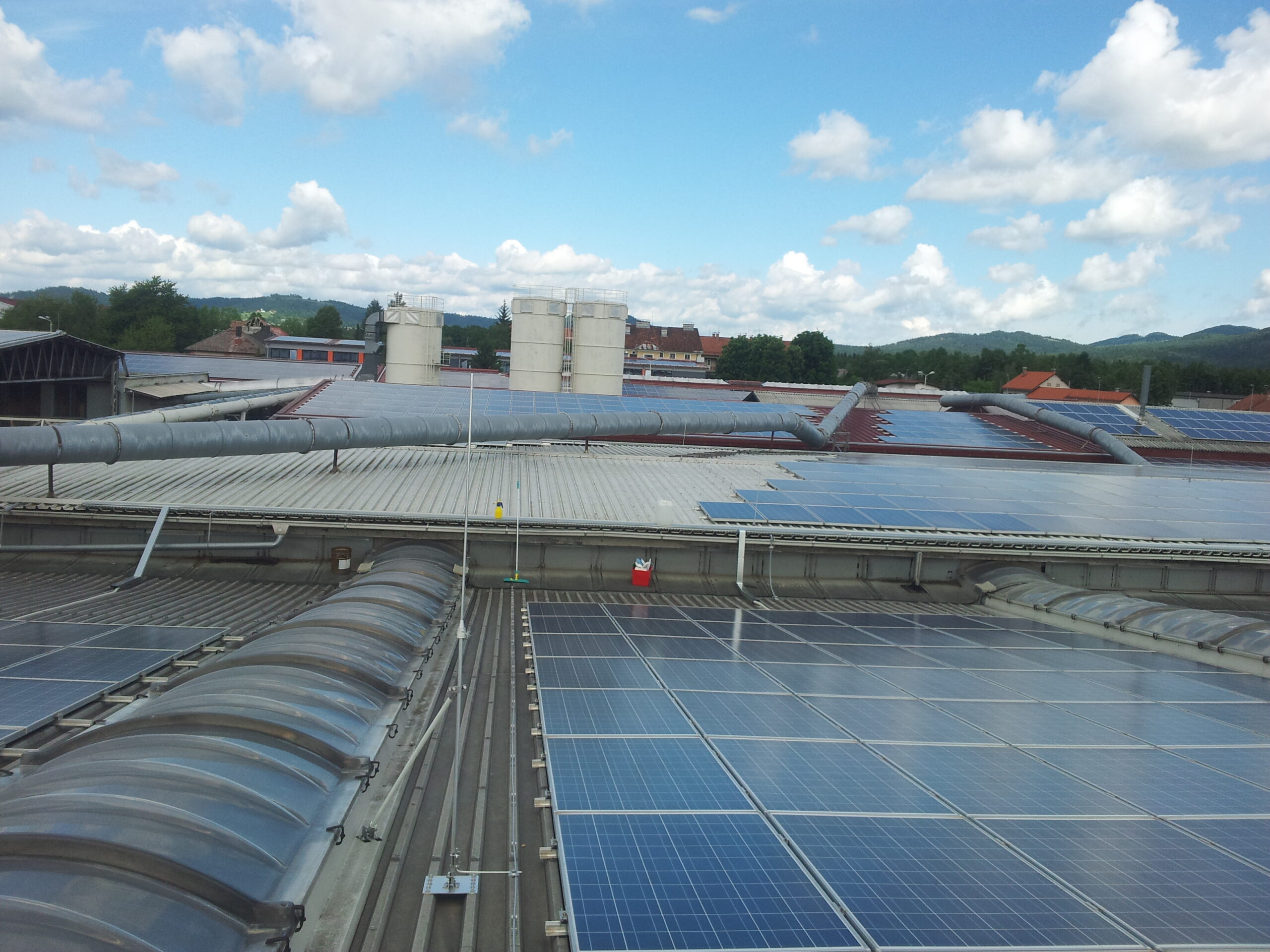
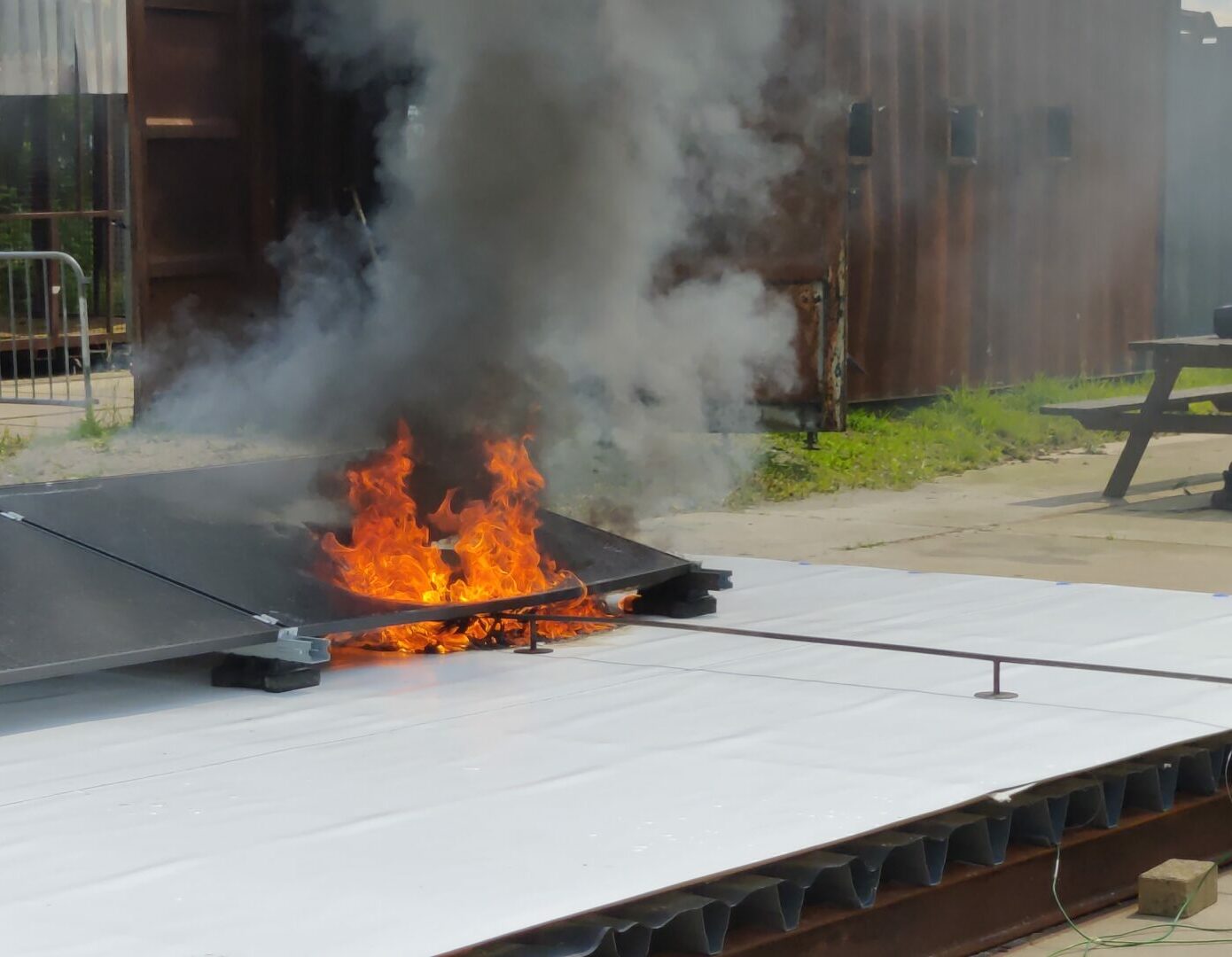
Fire Safety
Roofs with flammable insulation materials, such as EPS, PUR , and PIR pose a higher fire risk.
Additionally, improperly installed solar panels or connectors can cause short circuits, increasing the risk of fire or electrical arcing.
When flammable insulation catches fire, the chance of rapid fire spread is significantly higher, often leading to a total loss of the building.
This increased risk makes insurers cautious when providing coverage for buildings with such roof constructions.
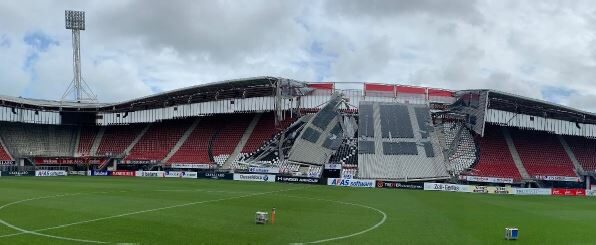
Roof Structure
The strength of the roof structure is a crucial factor in installing solar panels. Not all roofs are designed to bear the additional weight of both the solar panels and their mounting systems.
For older or less sturdy roofs, this can lead to sagging or even collapse. Beyond the weight of the installation itself, extra loads from heavy rainfall or snow can further increase pressure on the roof.
Due to this increased risk, insurers often require a load-bearing capacity calculation before approving coverage for a building with a solar panel installation. They want to ensure that the roof structure can safely carry the total weight.
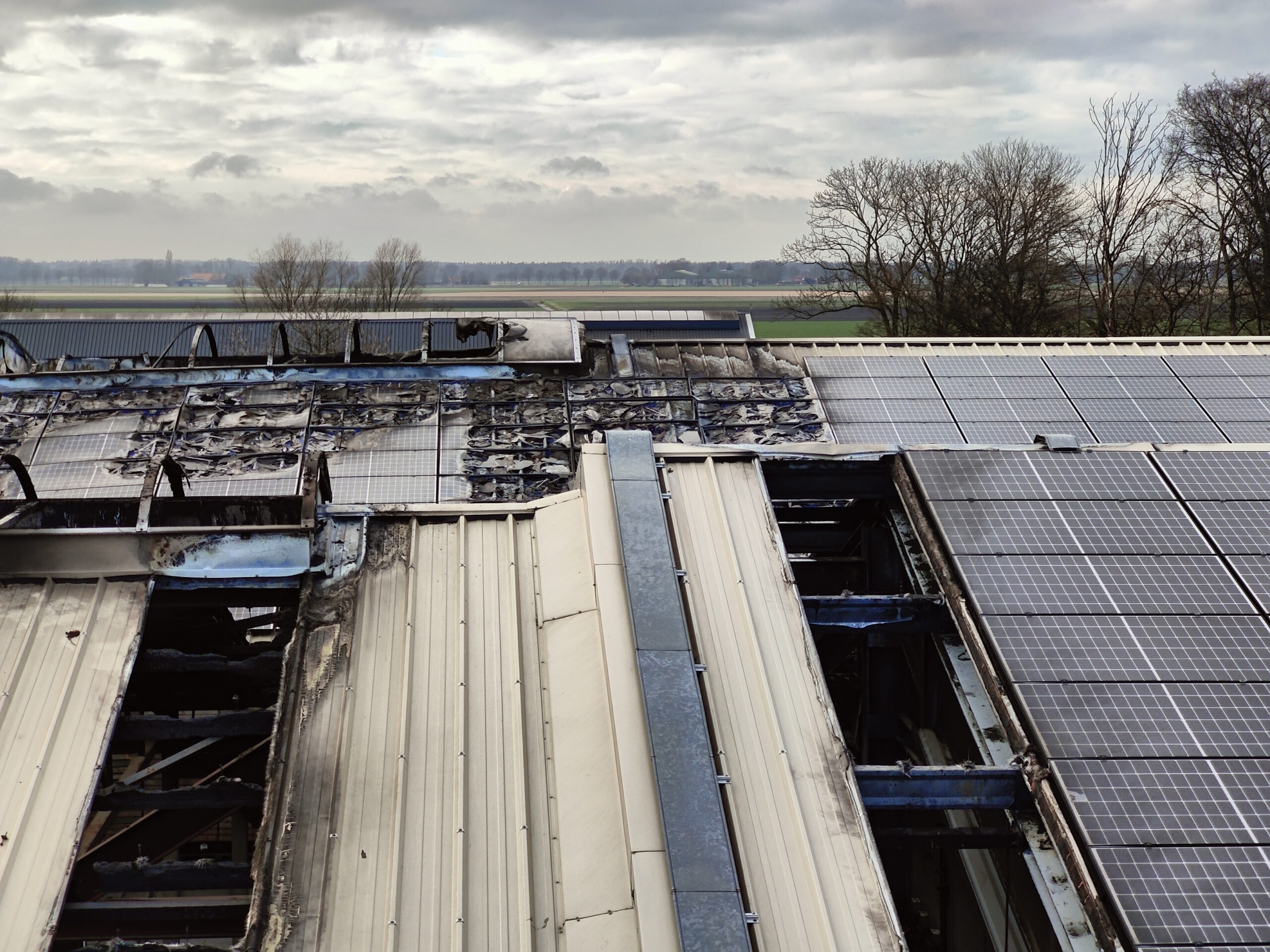
Asbestos-Containing Roofs
Installing solar panels on a roof containing asbestos is not permitted.
Installing solar panels requires drilling into the roof to securely attach them, ensuring they withstand wind and storms. Drilling into an asbestos-containing roof can release asbestos dust, which is harmful to health.
Therefore, solar panel installation on an asbestos roof is not allowed. It’s important to have the asbestos removed by a specialist before installing solar panels.
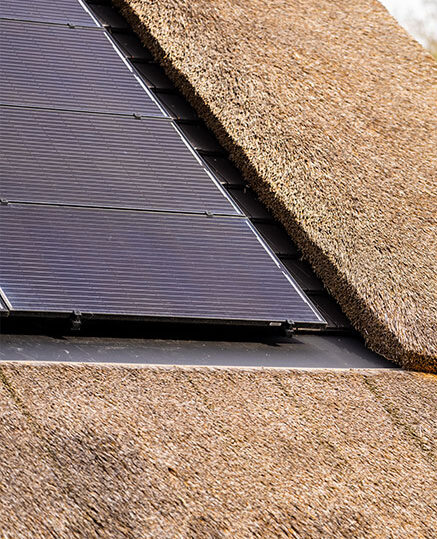
Thatched Roofs
Solar panels on thatched roofs present a significant fire hazard because thatch is highly flammable.
Moreover, the placement of solar panels can disrupt roof ventilation, increasing the risk of heat buildup or spontaneous combustion.
As a result, insurers are often reluctant to approve solar panels on this type of roof.
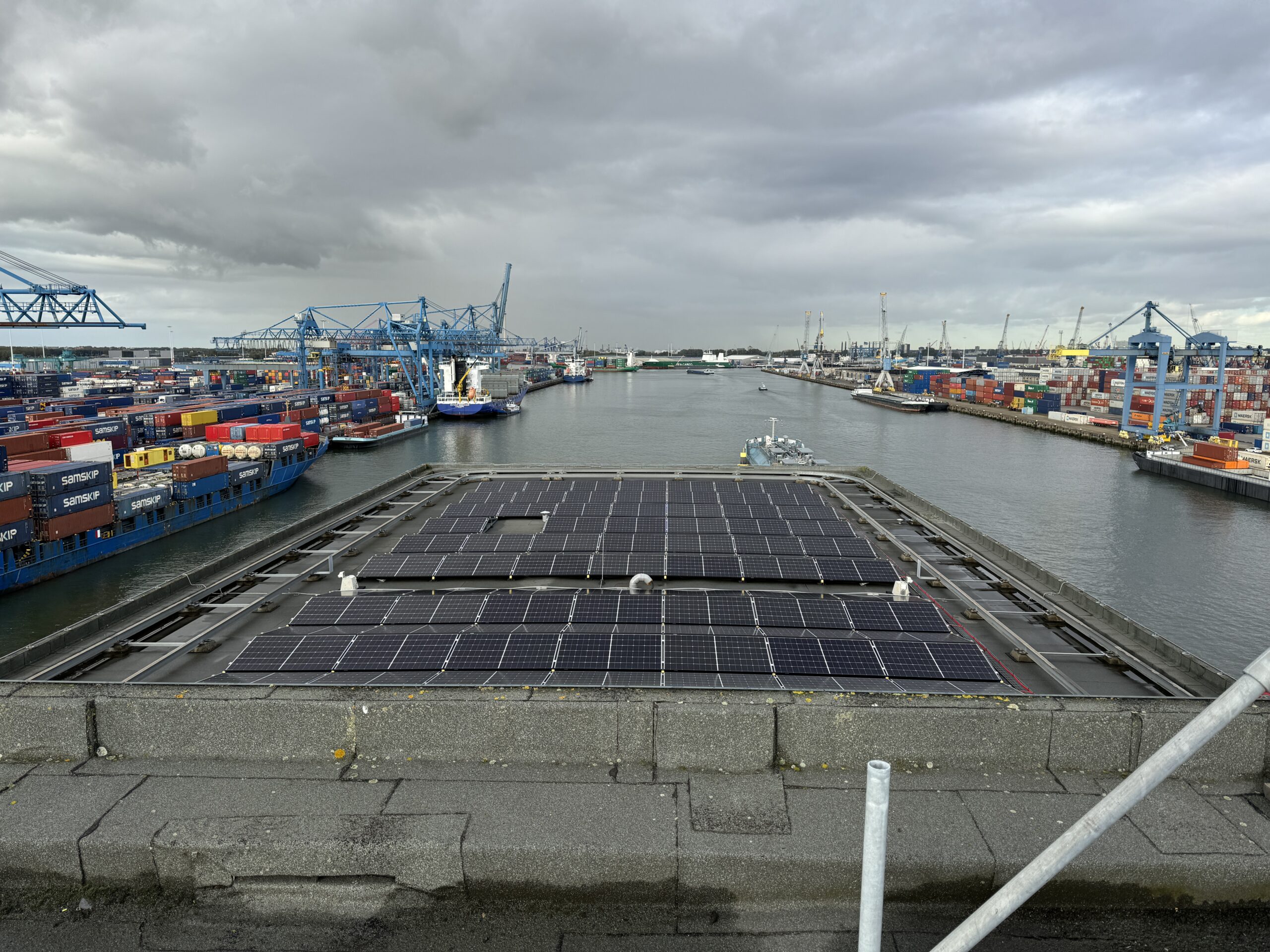
Conclusion
Insurers’ concerns about solar panels on certain roofs mainly stem from increased fire and safety risks.
Ensure you’re always aware of your insurer’s conditions and take appropriate fire and safety precautions to prevent problems.
Want to have a conversation about the risks of your building?




